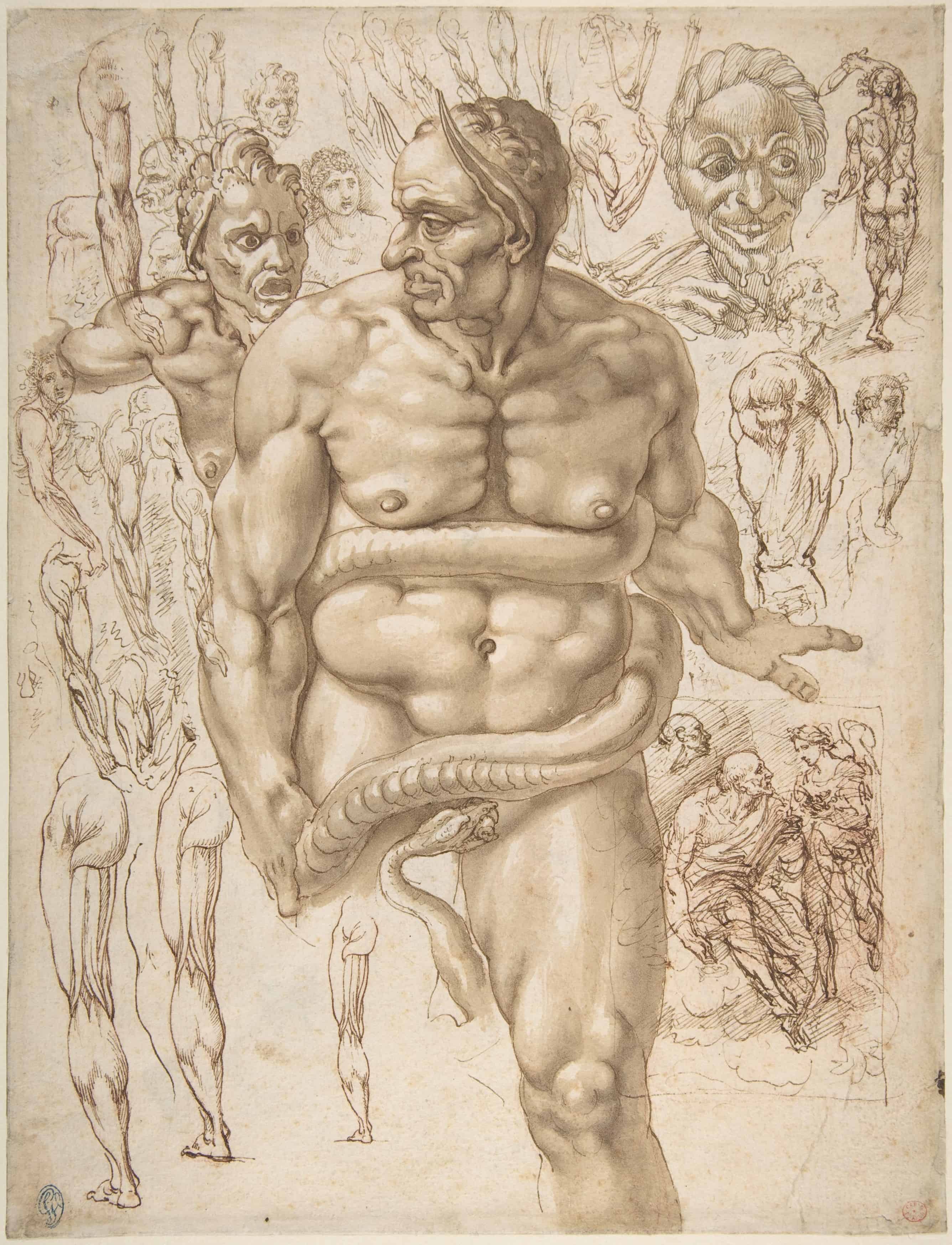A friend on Twitter posed a question this weekend that got in my head and got me thinking. She was trying to decide whether to include a chapter from the antagonist’s perspective and was asking for people’s thoughts. It’s a fascinating quandary for an author because it’s such a fine line to walk.
A well-done anti-villain can be so lovable you want them not to lose as badly as you want the hero to win. The character that immediately springs to mind is Loki. And yes, I’m thinking first and foremost of Tom Hiddleston’s delicious rendition of the trickster for the Marvel movie franchise, but I could as easily point to Gaimain’s Norse Mythology or Joanne Harris’s The Gospel of Loki. The point stands: you love him, not necessarily so much that you want him to emerge victorious, but you don’t want anything bad to happen to him.
The alternative is, I think, so much more troubling for the reader.
The alternative is Iago dripping poison in your ear. I think it’s the act of explaining their reasoning, giving the audience an insight into their thought process, that makes many of these characters so upsetting. Far more so than the harm they inflict on individuals who are, after all, purely fictional.

Everyone has villainous thoughts; villains are just the people who act on them. No rational person wants to commune with that part of themselves that feels envy and bitterness. That poses questions like, Could I get away with it? or Am I not owed? I don’t think you come out of each dip into Cersei Lannister’s narrative clawing at your own skin because she’s a bad person. The problem is, she’s a believable one. No one wants to be able to relate to the monster.
All of that being said, a good villain is a thing of (twisted) beauty, so I wanted to take a moment to pay homage to the best of them.
My first hate has to be Hugh from Kate Elliott’s Crown of Stars. She makes the reader feel as if you’re the one being stalked. At a certain point, I started tasting bile every time I knew he was nearby. I passed this series on to my dad, and even 20 years later, mention this character and both of us cringe, like Hugh was a terrible car accident we got in together. Creepy, relentless stalker-supreme, I hope never to encounter a worse of his type.

Steerpike from Mervyn Peake’s masterpiece. Gormenghast was already one of the greatest works of fiction in the English language (yes, I meant that, I believe this should be force-fed to resentful AP students alongside Faulkner and Joyce). Add to that a truly hair-raising villain, a young man with ambitions. Images of him creeping around the empty rooms of that endless castle, spying on its residents, still give me chills.
Agamemnon. I hesitated putting him on this list, less because his status as a fictional character is dubious than because he isn’t ‘great’ at anything. He’s useless, ineffectual, unintelligent, uninspired, and you can’t even claim he had a genius for surrounding himself with better people: better people surrounded him with better people. But it has to be said, I read the Iliad decades ago and being reminded of him still makes me angry. I can’t speak of him without my voice rising. Hats off to Clytemnestra for doing him in like the pig that he was, and to Homer for making him memorable.

Gerald Tarrant from C.S. Friedman’s fabulous Cold Sun trilogy. You can’t call him an anti-villain with any justice: he’s too villainous. The man is a monster, there’s no disputing it. There’s no gray area where you’re left thinking, What choice did he have but to hunt virgins through the woods so he could feed off their fear? It could happen to anyone! There has never been a monster, though, I found more fascinating or wanted more badly to redeem. Maybe Spike, but Buffy pulled his fangs and Tarrant’s too much of a badass to fall in love a second time.
Sauron. Yes, yes, obviously he doesn’t fall under the rubric of relatable. That’s what makes him the ultimate. The Final Boss of fictional bad guys. There’s no soft underbelly to aim at. No seeing things his way. This is no sad sack with Daddy issues and a persecution complex (yes, THE DEVIL, I’m looking at you). Why does he do anything? He doesn’t have to have a reason. Because he’s freakin’ evil, how’s that for motivation? He’s so evil, he dominates by means of jewelry with poetry on it. Does that makes sense? It doesn’t need to! You don’t see him. You don’t know him. He can’t be reasoned with, like a tidal wave or meteor.
And the only thing that can kill him is himself.

I’m sure I’ve failed to include any number of really despicable dirtbags and chilling psychopaths. Mea culpa, everyone who’s bummed I missed your favorite guy to loathe. Who knows? It’s such a fascinating subject, I may have to revisit it.

Comments are closed